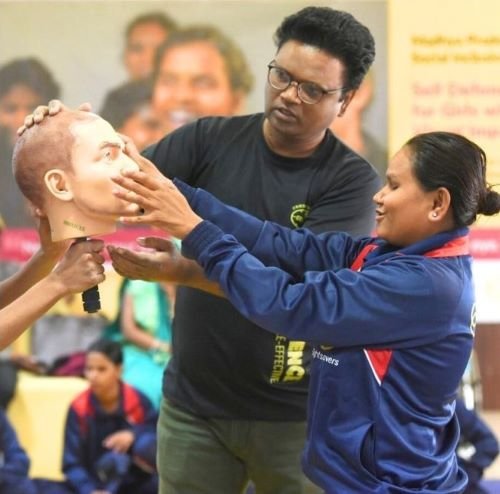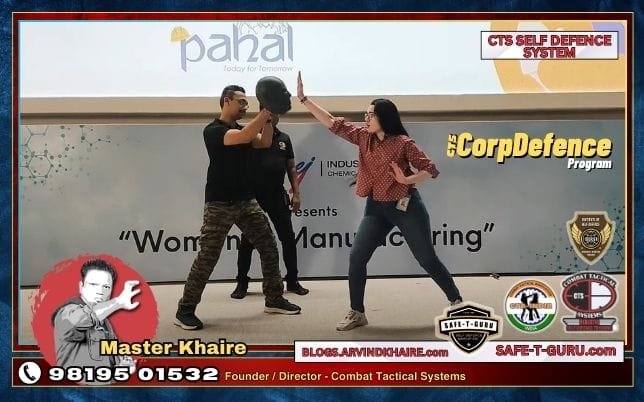Arvind Khaire: Pioneer of Inclusive Self Defence | Empowering Women with Disabilities through Inclusive Training
Arvind Khaire: Pioneer of Inclusive Self Defence Empowering Women with Disabilities through Inclusive Training In today’s world, self defence is […]





